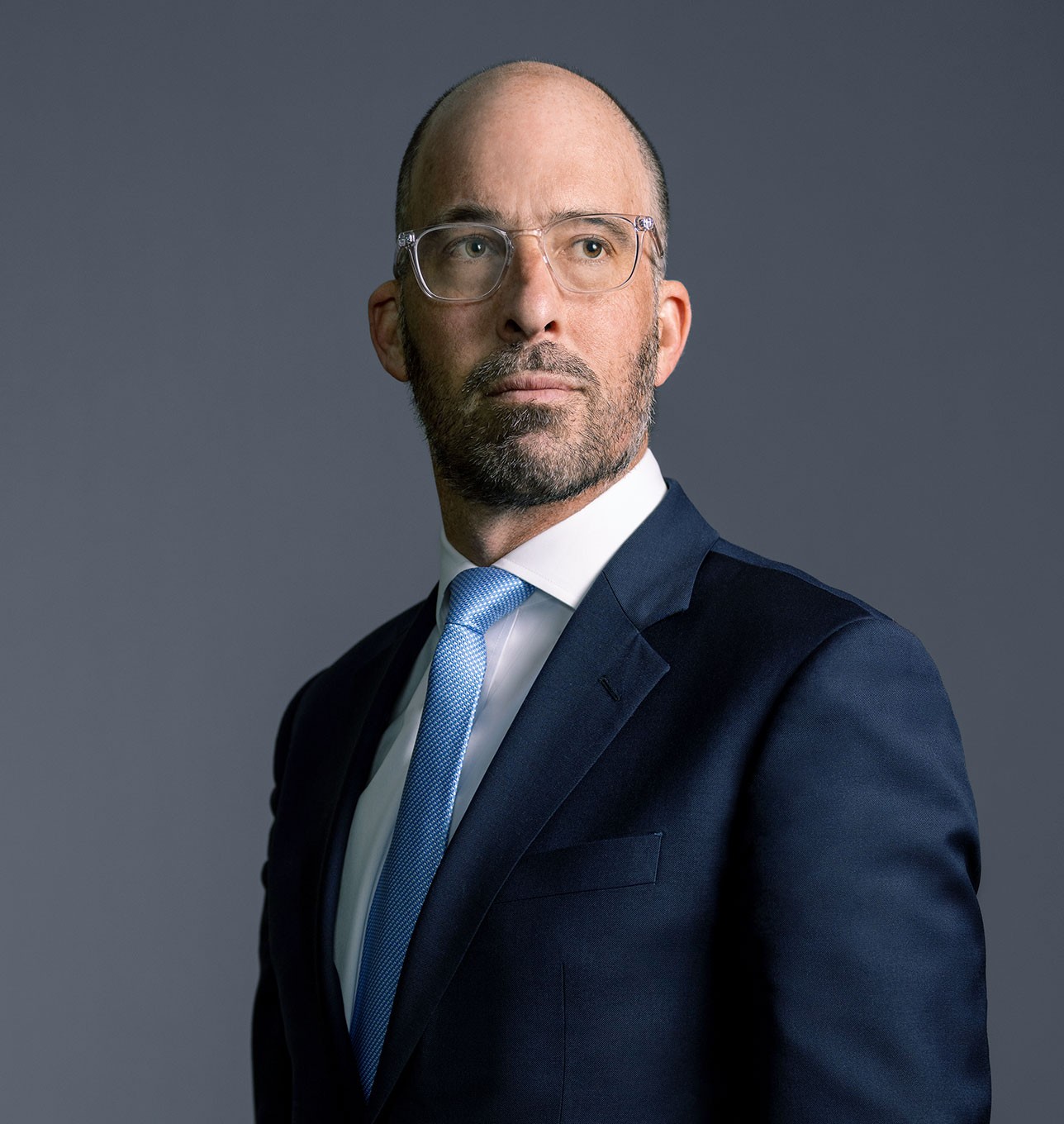Opinion of Interest – In re Dura Automotive Systems, LLC: Delaware Bankruptcy Court Affirms Inability to “Impliedly” Assume Executory Contracts
In a recent opinion from the Delaware Bankruptcy Court in the Dura Automotive Systems bankruptcy case,[1] Judge Karen Owens held that executory contracts cannot be impliedly assumed through course of conduct by the parties, under binding Third Circuit precedent, notwithstanding that a minority of courts outside of the Third Circuit have allowed it under certain circumstances. The decision left a purchaser of certain contract claims in the case out of luck, with the bankruptcy court ruling that such purchaser retained its right to share pro rata in distributions to unsecured creditors (if any), but it did not have any “cure claim” rights under the contract that might entitle it to a greater recovery.
In October of 2019, Dura and certain of its affiliates filed for chapter 11 bankruptcy protection in the Middle District of Tennessee. The case was subsequently transferred to Delaware in November of 2019 and converted to chapter 7 in December of 2020 following a Section 363 sale of substantially all of debtors’ assets in June of 2020. As part of the Section 363 sale, the debtors assumed certain designated, executory contracts and assigned them to the purchaser, DUS Operating Inc.. The debtors did not, however, expressly assume and assign their contracts with Plasti-Paint, Inc., a long-time provider of roof rail painting services to the debtors.
The debtors’ relationship with Plasti-Paint was governed by two master contracts that each permitted the continual addition of purchase orders on a weekly basis to meet the debtors’ needs. From the petition date through September 2020, Plasti-Paint continued to do regular business under these agreements first with the debtors, and then, following the Section 363 sale, with DUS Operating. Plasti-Paint was owed $1.8 million for services rendered during this period. In September of 2020, DUS Operating and Plasti-Paint agreed to new contracts, primarily to substitute DUS Operating in as the new counterparty, though also to incorporate a new painting process that Plasti-Paint had adopted in the interim. But for the sale to DUS Operating, however, it was acknowledged that the new contracts would not have been necessary and the parties likely would have just amended the existing agreements.
In January of 2020, Plasti-Paint sold any claims it had against the debtors for unpaid amounts under its original contracts – including whatever rights it had to the $1.8 million in unpaid amounts it had incurred from the petition date through September 2020 – to Hain Capital. Hain Capital subsequently brought a motion to compel DUS Operating to pay $1.8 million in “cure costs” arguing that, in continuing to accept Plasti-Paint’s services from the petition date through September 2020 under the parties’ original contracts, the debtors had impliedly assumed those contracts. Hain Capital also argued that Plasti-Paint and DUS Operating intentionally structured their new contracts, covering the exact same services as the original contracts, in an effort to avoid paying cure costs that were properly owing to Hain Capital in its capacity as claims purchaser.
In rejecting Hain Capital’s claims, the court emphasized that section 365 of the Bankruptcy Code and Federal Rules of Bankruptcy Procedure 6006 and 9014, collectively provide that a debtor (or its successor) can not become liable for cure costs under an assumed executory contract until after proper notice and a hearing. Under governing Third Circuit case law, “implied” assumption is not sufficient.[2] During the pendency of debtors’ bankruptcy case, none of the debtors, DUS Operating, Plasti-Paint or Hain Capital sought to assume, or compel assumption of the Plasti-Paint contracts. Indeed, the bankruptcy court made a point to note that Hain Capital was aware that the agreements had not been assumed as part of the Section 363 sale and yet made no effort over a number of months to compel assumption and payment of the applicable cure costs. As a result, the court held, such contracts were, by definition, not assumed, so neither the debtors, nor DUS Operating, could be compelled to pay any cure costs. Assumption, the court emphasized “must be approved. It cannot be presumed. While courts outside the Third Circuit have held otherwise, they are in a small minority.”[3]
The Dura decision serves as an important reminder to contract counterparties to diligently protect their rights in a bankruptcy case in a procedurally proper way. Even if a debtor or its purchaser accepts services following a petition date or a Section 363 sale, it is not clear that the counterparty will actually be paid what it is owed. To the extent there is any ambiguity, the counterparty should make certain to confirm with the debtor—or with the bankruptcy court, as necessary—that payment will be made.
[1] In re Dura Auto. Sys., LLC, No. 19-12378 (KBO), 2021 WL 2456944 (Bankr. D. Del. June 16, 2021),
[2] See University Medical Center v. Sullivan (In re University Medical Center), 973 F.2d 1065, 1077 (3d Cir. 1992).
[3] Supra note 1 at *5. For cases permitted implied assumption, see, e.g., In re Clavis Smith Bldg., Inc., 112 B.R. 768, 769-70 (Bankr. D. Va. 1990) (“it is well settled law that a debtor in possession cannot assume the benefits of an executory contract without assuming its burdens as well”).


